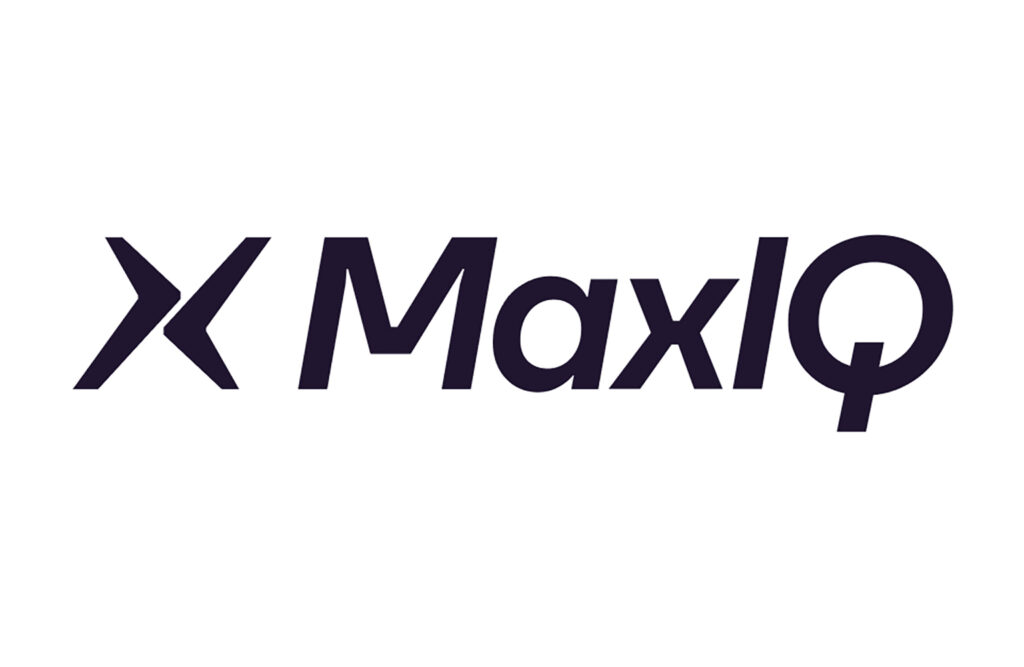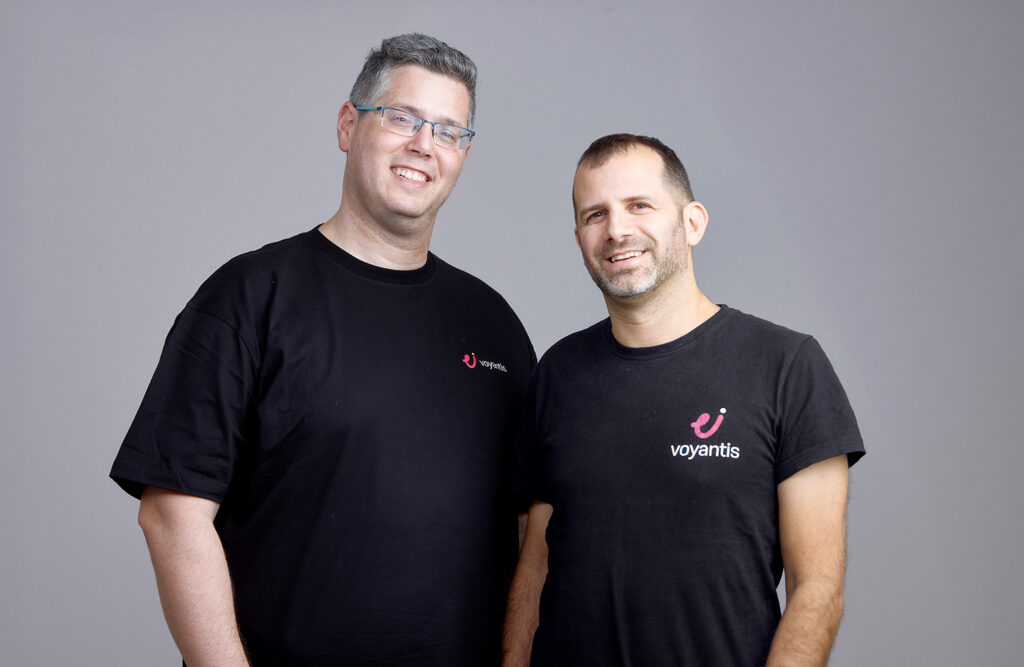
AI21: A Full-Stack Approach to GenAI
AI brings huge promise to enterprises and their customers with increasing productivity and personalized products, yet adoption is slower than expected. Machine learning has existed in the industry for several decades, and the deep learning breakthrough occurred over a decade ago, yet deploying AI solutions in the enterprise is still hard and requires a complex platform and large workforce. A multi-disciplinary team of data scientists to run complex experiments and software engineers with expertise in distributed systems that can support large-scale training and complex AI deployments are necessary for success.
In 2017, Google released a paper called Attention Is All You Need, establishing the foundation of Large Language Models (LLMs) by introducing Transformers, a new neural network architecture based on attention. Since transformer-based models were introduced, LLMs have become reusable, but are still far from an off-the-shelf product. AI models are a product's core building block, but building a full-fledged off-the-shelf product requires additional building blocks that translate the model value into business or consumer value.
LLMs existed for several years and were used mainly by data scientists but didn’t expand into the developer and consumer communities as they didn’t understand the power and benefits. This changed in November 2022 when OpenAI introduced ChatGPT, which unveiled Generative AI (GenAI) to users worldwide; beyond data scientists and developers. The innovation was not the algorithm but a full-stack solution around the algorithm. The full-stack approach not only offered a trained model but combined it with an API and orchestration tools, opening the door for a vastly larger pool of developers to use AI.
When an enterprise deploys an AI software solution, including LLMs, several prerequisites exist, such as software compatibility with the company’s IT infrastructure, security certificates, logging, and documentation. General-purpose GenAI tools like ChatGPT are like Swiss Army Knives for AI use cases - they have a decent level of performance in many different applications, but they are not a master or best in class for any of them. Enterprise use cases require a surgical knife that does a specific job exceptionally well. Given that most LLMs are trained on large corpora of public data, the models may lack an understanding of company- or industry-specific information and terminology. Enterprises need to optimize a model to their specific use cases by fine-tuning using instruction tuning, reinforcement learning with human feedback, or other methods.
The whole is greater than the sum of its parts – AI21 full-stack approach
Foundation models democratized AI and put it in the hands of every developer, even non-technical users. The simplification of the process allows companies to offer a full-stack product that combines algorithms with model management tools and applications (see Figure 1).
AI21 is the category leader for cloud AI platforms with AI21 Studio, a unique developer platform with state-of-the-art algorithms and tools for building and deploying foundation models. The company also offers applications like Wordtune, an AI reading and writing assistance application that summarizes text, audio, and videos. It helps users write with AI suggestions or rewrite code while keeping their personalized style.
In the future, enterprises will have hundreds of different applications that will leverage foundation models. We assume that those hundreds of applications will use several development platforms. A holistic approach of top-down (application) and bottom-up (AI21 Studio) allows the enterprise to start with its first use case and expand into multiple use cases.

Gartner predicts that by 2026, more than 80% of enterprises will have used GenAI APIs or models and/or deployed enterprise GenAI-enabled applications in production environments, up from less than 5% in 20231. To validate the market and bridge enterprises' capability gap, a mixed approach where full-stack applications are developed is required to plant seeds in the enterprise. AI21 is in the best position to lead the way as they are highly experienced in developing and deploying GenAI applications while offering state-of-the-art models and a one-stop shop to customize, evaluate, and deploy GenAI products. With AI21’s AI cloud platform, GenAI is being democratized and made easier to deploy securely and reliably in the enterprise environment, getting closer to an off-the-shelf product.
Intel Capital is proud to have invested in AI21’s $208 million Series C financing round and looks forward to partnering with the team to continue to build the leading cloud AI platform. We are thrilled to work with Ori, Yoav and Amnon, an exceptional and experienced technical and entrepreneurship team, and to support their growth in the enterprise market.
1 Gartner Says More Than 80% of Enterprises Will Have Used Generative AI APIs or Deployed Generative AI-Enabled Applications by 2026 - October 11, 2023 - https://www.gartner.com/en/newsroom/press-releases/2023-10-11-gartner-says-more-than-80-percent-of-enterprises-will-have-used-generative-ai-apis-or-deployed-generative-ai-enabled-applications-by-2026




